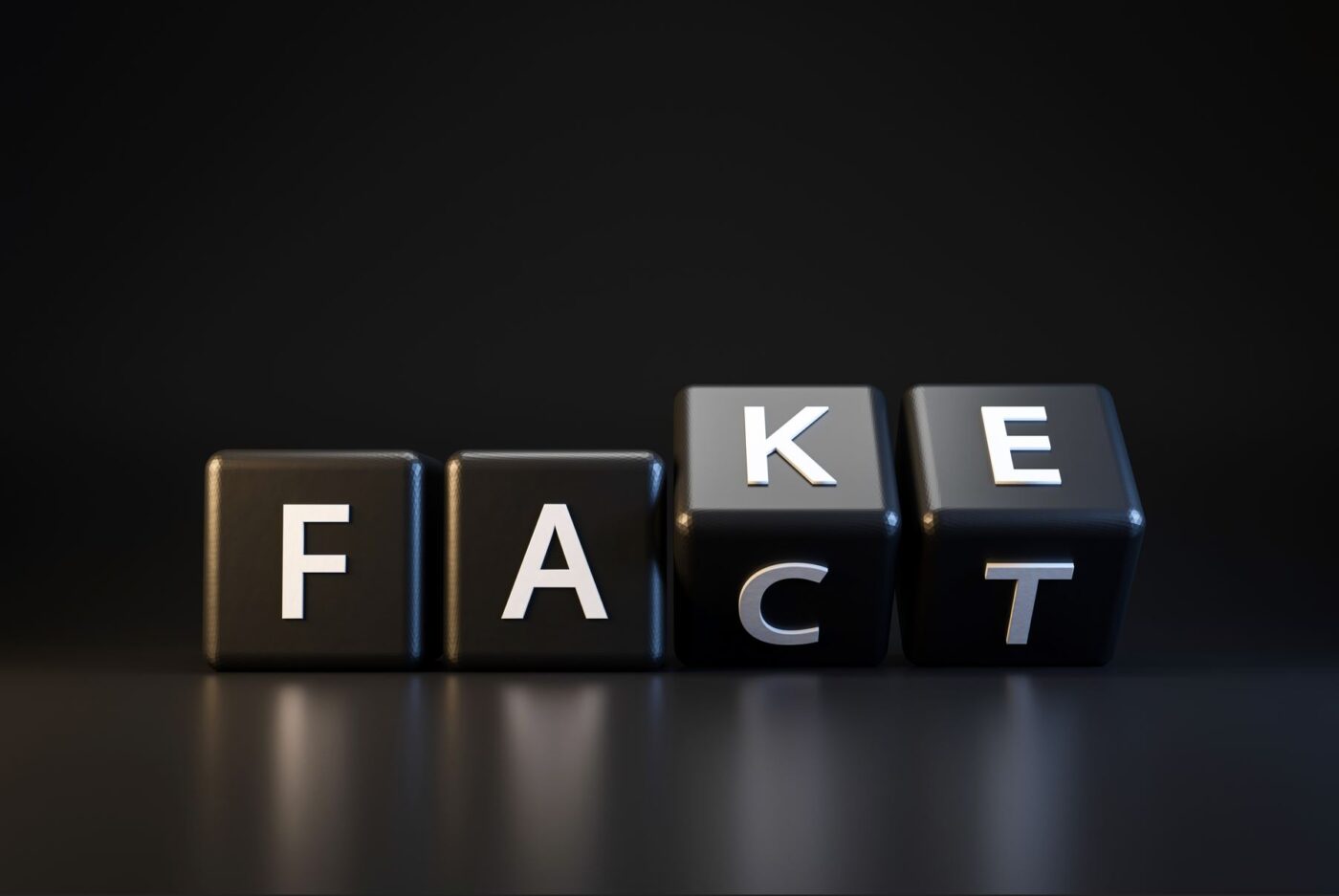What goes on in Poland on the 21st of August.
Poland will run out of coal. Russians are rubbing their hands with glee
Because of the problems at Polska Grupa Górnicza (PGG, Polish Mining Group) after the first five months of the year coal import increased by 600 thousand tons (3.8 m tons in comparison to the same period in 2016), whereas import from Russia was at 2.3 m tons in comparison to 2 m tons last year. Despite the fact that for the past few months we have been warning about the drop in coal production at PGG, which is the biggest producer in the country, the Ministry of Energy persists that the company will fulfill the 2017 production plan and even go over it. The problem is that this is impossible.
In the first half of the year PGG’s mines produced 12.7 m tons. However, officially the company says it was 14.5 m tons. How is this possible? “The 14.5 m tons encompass the extraction in the first half of 2017, including mines taken over after 1 April from Katowicki Holding Węglowy (KWH, Katowice Coal Holding), which carried out the production in the first quarter when they were still part of KWH,” Tomasz Głogowski PGG’s spokesman explained.
Lower gasoline prices still possible
In the last few days the drop in retail prices of fuels has been quite significant and analysts are expecting that the trend will continue.
Currently, 98 octane gasoline costs PLN 3696.6 per one cubic meter, which is PLN 30 less than it cost last weekend. Whereas the 95 octane gasoline costs PLN 3495 per m3. At the same time, the price of diesel dropped by PLN 40 and is PLN 3360.6 per m3. Heating oil’s average price is now at PLN 2113 m3.
It is expected that between 21 and 27 August the prices at fuel stations will drop, which may be related to the dynamic drops in wholesale. The 98 octane fuel is expected to cost PLN 4.71-4.82 per 1 liter, the 95 octane price is to be PLN 4.38-4.47 per liter. Diesel prices are also expected to drop to around PLN 4.22-4.31 per liter. It is less probable that autogas prices will go down as it still may cost PLN 1.85-1.91 per liter.
It is apparent that the market is undecided because investors understand the impact of limiting extraction by OPEC and other producers from outside the cartel, and the subsequent drop in reserves noticeable in the US Department of Energy’s weekly reports. According to the Department, the amount of stored oil dropped by as much as 8.95 million barrels and it has been the biggest weekly drop in the raw material’s reserves since almost a year. On the other hand production in the USA is growing quickly. Currently it is over 9.5 million barrels a day and it is the highest since mid 2015.
Ministry of Finance: satellites to monitor transport of goods as of September
The Act on monitoring road transport of sensitive goods has entered into force and so have the penalties it introduced. The new law introduced significant changes when it comes to the transportation of such goods as tobacco and ethanol. As of September vehicles that transport sensitive goods will have to share their location.
The Act determines the rules for tracking the transport of the so-called sensitive goods and stipulates the responsibilities for the infringement of the duty to control the shipment at every stage of the supply chain imposed on the sender, the carrier and the receiver.
According to an amendment introduced by the Ministry of Finance every vehicle that transports sensitive goods will have to be equipped with an additional tracking system, which will share in real time the vehicle’s location to the National Tax Authorities. If a roadside inspection discovers that the device is missing from the vehicle, or that it is turned off or works incorrectly, the transport will be stopped until the situation is cleared. Even though the financial penalties will be imposed three months after the bill enters into force, the National Tax Authorities will be able to order the escorting of a vehicle, which is not a cheap business.
GUS’s flash estimate: GDP in Q2 grew by 3.9% yoy
According to the Central Statistical Office (GUS), in the second quarter of the year, the GDP grew by 3.9% yoy. It also increased by 1.1% in comparison to the previous quarter.
When asked earlier by the Polish Press Agency, economists predicted that in the second quarter of 2017 the GDP will be at 3.8% yoy. GUS will release updated data for the 2nd quarter on 31 August.
Maria Jeznach, Director of the National Accounts Department at GUS stated that the “industrial and construction sectors had a positive impact on the GDP growth in Q2.”
“In our opinion all segments of the economy, except for the financial sector, had a positive impact on the GDP in the 2nd quarter of the year,” she said at a press conference.
She also added that the impact of the construction sector was at about 0.5 percentage point, while industry contributed ca. 1 percentage point. According to GUS, the impact of trade services was slightly higher than in Q1 and was a little lower than 1 percentage point.
The net export also had a ‘limited’ positive effect on the GDP. Jeznach stated that the impact of the financial sector on the GDP in the second quarter was almost nonexistent. The annual GDP growth will be close to 4%.








